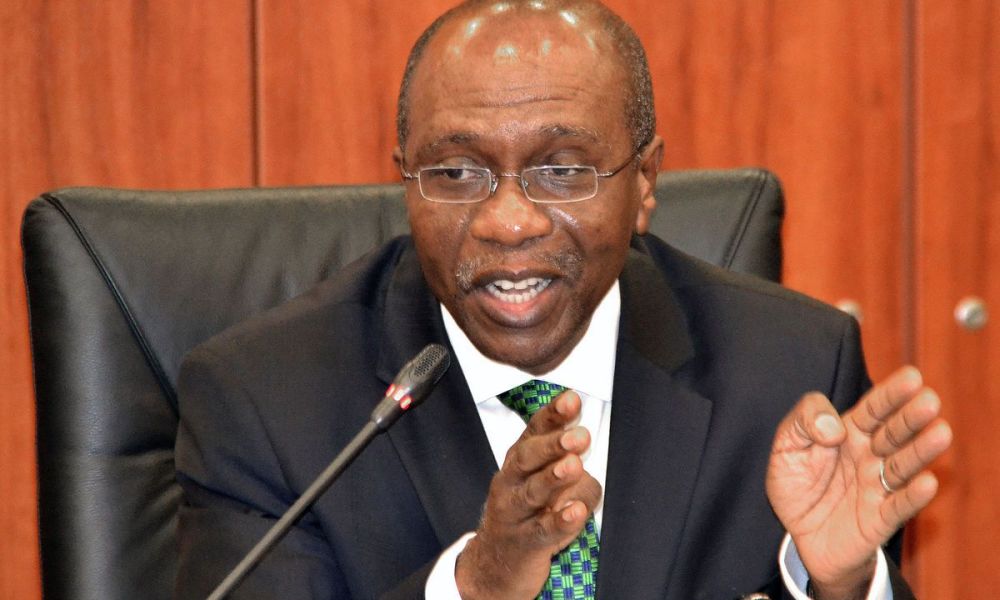Members of the Central Bank of Nigeria (CBN) Monetary Policy Committee (MPC), on Monday rose from a one-day meeting (it is usually a two-day affair), with the 10 members present and voting opting to retain all rates citing uncertainties in the global economy arising from the lingering crisis between Russia and Ukraine that has resulted in a potpourri of global sanctions against the former with a significant impact on the global commodities supply value-chain
The committee decided by a majority vote, according to a communique by Godwin Emefiele, CBN Governor and chairman, that based on this and the fact that COVID-19 is still posing danger to the world, to retain the Monetary Policy Rate (MPR) at 11.5%; the asymmetric corridor of +100/-700 basis points around the MPR; the CRR at 27.5%; and the Liquidity Ratio at 30%.
A breakdown of the voting pattern showed that “three members voted to raise MPR by 25-basis points, one member voted to raise MPR by 50-basis points, while six members voted to hold all parameters constant.”
To arrive at a decision, the members expressed continued concern that rising commodity prices across the global may linger “in the near term but may begin to moderate if deliberate and urgent actions are taken by both the monetary and fiscal authorities to correct the rising inflation.
On the other hand, the MPC called for a more aggressive deployment of the CBN’s discretionary CRR policy “to control the level of money supply in the economy.”
The majority opinion was that tightening to rein in the rising price level was not advisable, given “the fragile state of the (country’s) current GDP growth and the potential external and domestic headwinds from the Russia-Ukraine war, (just as) a contractionary policy stance would stifle the expected investment expansion needed to drive growth and absorb the shocks in Nigeria.
“MPC also feels that not only would tightening reverse the steady improvement recorded in credit expansion, it is also of the view that tightening would not necessarily tame the inflation, particularly where the marginal decline is relatively not yet sustainable.
“In the case of whether to loosen, the Committee feels that loosening would trigger further liquidity surfeit and fuel inflationary pressure as available funds outstrip the economy’s absorptive capacity. MPC also feels that loosening would trigger FX demand pressure, as the excess liquidity would exert demand pressure on the FX market and trigger a naira depreciation which would also fuel inflation,” the communique noted.
Adopting a hold stance in the face of the foregoing, the committee reasoned, “would indicate a precautionary and consistent policy stance with the prevailing economic conditions particularly as further economic and financial shocks are exerted from the ongoing Russia-Ukraine war.”
Members equally noted the surge in inflationary pressure “due to emerging risks within the domestic and external environment,” leading to a substantial upward push to price levels influenced by supply-side factors like the scarcity of Premium Motor Spirit (petrol), added to the persisting insecurity and backlash from the Russia-Ukraine war. These, the members said, “require a careful and focused policy intervention to address and resolve,” urging the CBN to continue using “the tools at its disposal, while increasing its collaboration with the fiscal authority to ensure that inflation is adequately reined in and growth is returned to a strong and sustainable path.”
As a way of mitigating the harsh effects of these developments, the committee encouraged the CBN “to continue the use of its intervention mechanism to deploy funds to output-stimulating and employment-generating sectors of the economy,”








